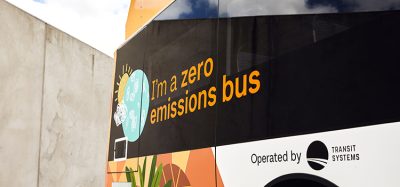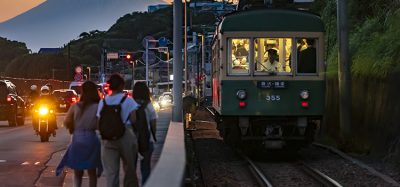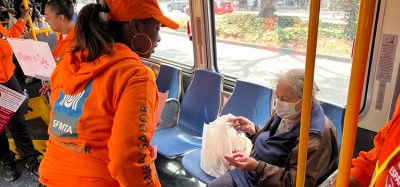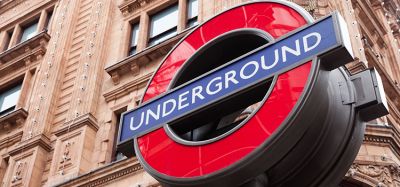Dubai RTA to expand Soft Mobility Project to Al Barsha 1 and 2
- Like
- Digg
- Del
- Tumblr
- VKontakte
- Buffer
- Love This
- Odnoklassniki
- Meneame
- Blogger
- Amazon
- Yahoo Mail
- Gmail
- AOL
- Newsvine
- HackerNews
- Evernote
- MySpace
- Mail.ru
- Viadeo
- Line
- Comments
- Yummly
- SMS
- Viber
- Telegram
- Subscribe
- Skype
- Facebook Messenger
- Kakao
- LiveJournal
- Yammer
- Edgar
- Fintel
- Mix
- Instapaper
- Copy Link
Posted: 23 May 2022 | Intelligent Transport | No comments yet
The Soft Mobility Project has increased the number of cycling journeys in Dubai by 16 million trips in 2021 compared to 2020 and will provide soft mobility means to 29 districts by the end of 2026.
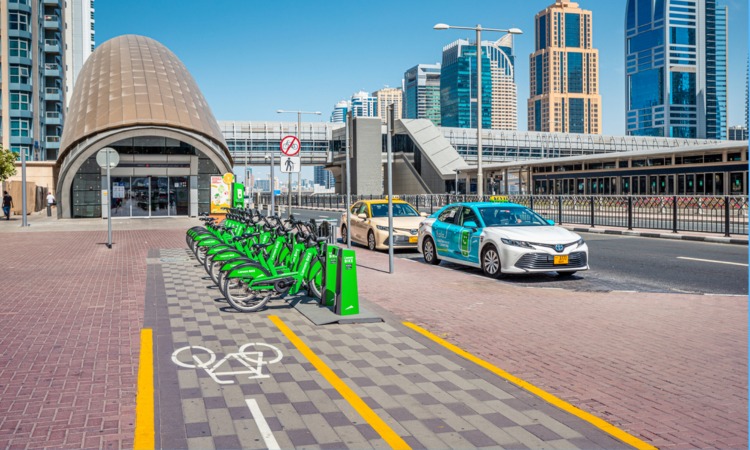

Dubai’s Roads and Transport Authority (RTA) has announced that it is set to expand its Soft Mobility Project to cover Al Barsha 1 and 2 in the third quarter of 2022, with the project scheduled for completion in the third quarter of 2023.
The expansion of the Soft Mobility Project is a result of the huge success of the initial phase of the project, which covered Al Qusais 1, Al Mankhool and Al Karama. While the number of cycling trips at Al Qusais 1 doubled from 1173 journeys in 2020 to 2346 journeys in 2021, the number of cycling trips has increased by 23 per cent at Al Karama and 12 per cent at Al Mankhool. In addition, pedestrians’ satisfaction combined with the improvement of the infrastructure, safety elements and soft mobility in the three districts clocked 88 per cent, whereas the satisfaction rating of cyclists reached 87 per cent.
RTA has carried out several soft mobility elements to improve the infrastructure of the three localities, including the construction of more than 300 raised pedestrian crossings and 33km of shared cycling tracks in several areas. Furthermore, RTA has specified 52km of shared roads for soft mobility (non-motorised) means and vehicles, as well as installed 2000 directional and cautionary signs, adjusted 77,000m2 of pavements, and constructed 21 rest stops and seven shaded areas/pathways. The project has contributed to pushing the number of cycling trips in Dubai from 20 million trips in 2020 to 36 million trips in 2021.
“The soft mobility plan aims to develop an integrated infrastructure that is friendly to all by enhancing the connection between development projects, attraction areas and mass transit stations, which requires the use of individual mobility means like walking, bikes and electric scooters. The plan also aims to improve the first- and last-mile solutions by offering an array of integral transport enablers such as cycling tracks, pedestrian crossings, rest areas, shaded areas/pathways, landscaped areas, car parks, drop-off and pick-up points and bike racks,” said His Excellency Mattar Al Tayer, Director-General, Chairman of the Board of Executive Directors of RTA.
Dubai RTA announces launch of e-scooters in 10 city districts
The authority has also announced the studying and designing of soft mobility elements in eight other Dubai districts, namely Al Ras, Al Bateen, Al Daghaya, Eyal Nasser, Al Souq Al Kabeer, Hor Al Anz, Abu Hail and Al Sabkha. According to RTA, the number of districts that will have soft mobility means will increase to 29 districts by the end of 2026.
RTA’s soft mobility project focuses on improving the elements of integrated transport in the city, which mainly includes serving the needs of people with mobility constraints; constructing raised pedestrian crossings and speed-calming devices; specifying all types of cycling tracks; providing bike racks; installing directional and cautionary signs; adjusting pavements; specifying lanes shared by vehicles and non-motorised transport modes; constructing rest stops along with landscaped and sitting areas; providing shaded areas/pathways to encourage people to use soft mobility means; and providing parking along with pick-up and drop-off points.
The selection of districts for implementing the soft mobility projects is based on several criteria, including the availability of mass transit means, high ridership rates, population density, type of land use (residential, commercial, or combined residential/commercial) and the current situation of the infrastructure for pedestrians and cyclists in the area.
If you liked this, you may also be interested in:
▶ Dubai’s RTA to construct 37km of dedicated bus and taxi lanes
▶ Translink announces launch of new Active Travel Challenge in June 2022
▶ DfT awards £200 million to active travel projects across England
Related topics
Air Quality, Infrastructure & Urban Planning, Mobility Services, Multimodality, Passenger Accessibility, Passenger Experience, Public Transport, Sustainable Urban Transport
Related modes
Bikes & Scooters
Related cities
Dubai
Related countries
United Arab Emirates
Related organisations
Dubai Roads and Transport Authority (RTA)
Related people
HE Mattar Al Tayer




